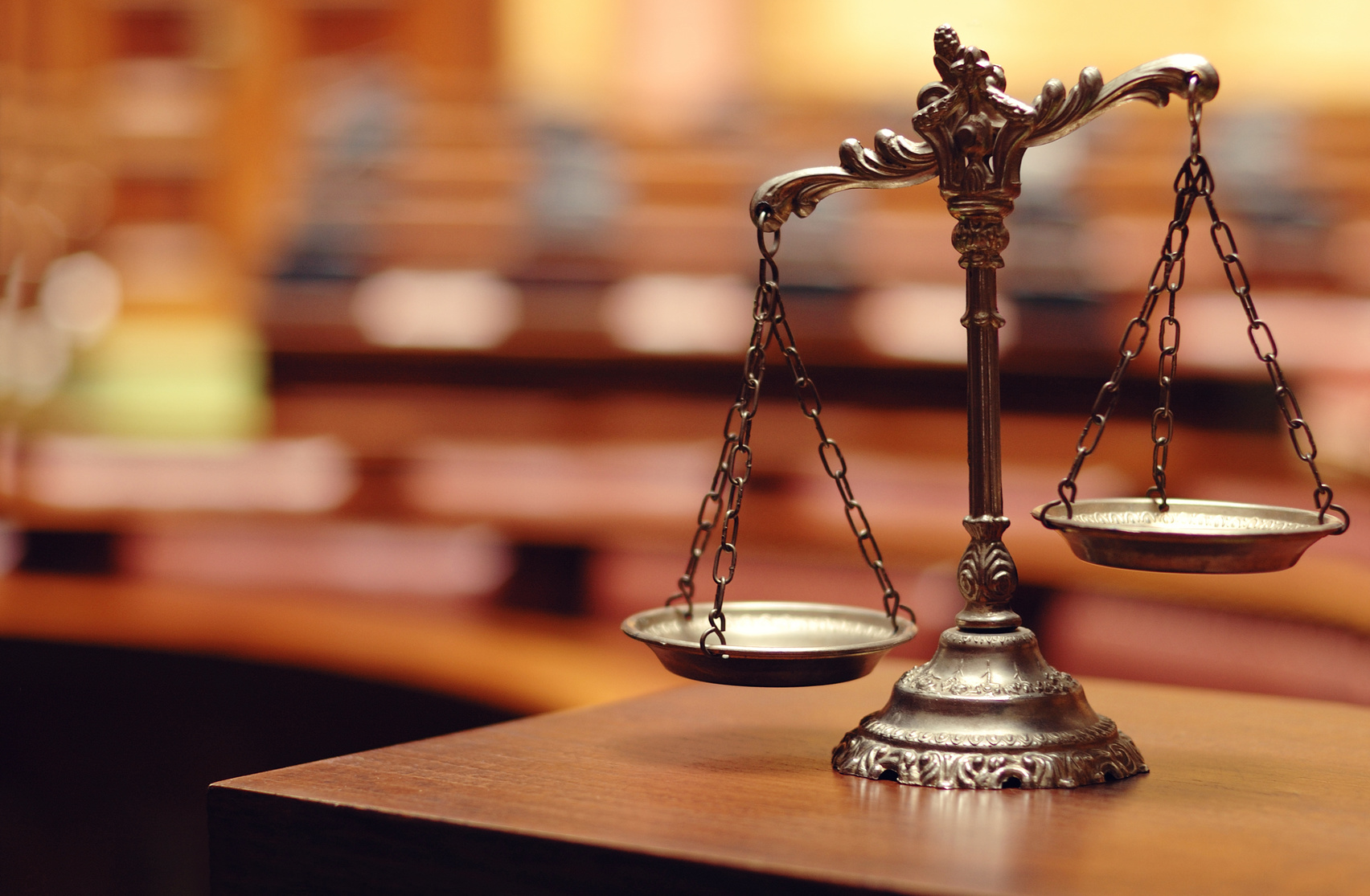The Pros and Cons of For-Profit Law Schools
By now we’ve all heard of Trump University and the $25 million settlement that our new President had to pay to bilked students from his for-profit education scam. This story and many like it have brought to light the issues with some private institutions and the risks facing students that have committed time, effort, and money into an education that might not return the favor.
If you are thinking about enrolling in a for-profit law school, there are certainly some that are reputable. How do you know who to trust? Here is some information about the pros and cons of for-profit law schools as well as an update on the latest round of controversy with one of these popular schools.
What is a For-Profit Law School?
A for-profit law school is a private institution that is usually owned by a corporation. The school operates as a business and the product it sells is education. Usually, the stated goal of these schools is to provide a quality education to students so that they can be productive members of the workforce. If the schools succeed in the long term, they make a positive return, or profit, for their owners.
The Pros of For-Profit Law Schools
For-profit law schools have some benefits, for both the student and the school. These schools, by and large, have much lower admissions standards. So, if your LSAT score wasn’t quite what you had hoped and you couldn’t qualify for admission to your first choice in law schools, you still have an option.
A for-profit law school also might be more flexible with some of its standards and schedules. If you’re a single parent or want to earn a law degree either at night or partially online, one of these schools could provide more options than a traditional law school.
The Cons of For-Profit Law Schools
There are two major cons to for-profit law schools. The first is that they’re expensive. Most law schools are costly, but some for-profit law schools price their tuition with a particular strategy in mind. They want students to take advantage of Federal student aid money, which has become simple to acquire with a few forms and a signature.
How expensive are these schools? One company, InfiLaw, that owns three for-profit law schools, reports that more than 90% of graduating students incur educational debt to the tune of $204,000 or more. When interest begins to accrue just after graduation, most of these students find themselves in debt up to a quarter of a million dollars, often with little means for repayment.
This brings us to the second drawback of these institutions. As a whole, they don’t adequately prepare students to become lawyers. To become a lawyer in any state, you must pass the bar exam. Low admission standards and a poorly designed curriculum result in low bar exam pass rates for these students and insufficient post-graduate employment numbers.
The Charlotte School of Law
The Charlotte School of Law (CSL) is the latest of InfiLaw’s three for-profit law schools to receive close scrutiny from both the American Bar Association (ABA) and the Federal Government. The school is an ABA-accredited for-profit law school, but has been penalized with three separate non-compliance findings by the ABA. Instead of taking steps to remedy these issues, the school concealed problems from both current and prospective students. The ABA placed the CSL on probation in November 2016.
The U.S. Department of Education (USDOE) certifies schools to participate in federal student aid programs. In December, the USDOE denied the CSL’s application for recertification. The first reason was the ABA’s decision to place the school on probation. The second was a belief that CSL didn’t meet its gainful employment standard.
In 2010, the USDOE adopted a standard that is meant to strengthen the federal student aid program. To meet requirements, a graduate’s student loan payments should be 12% or less of their annual post-graduate earnings. Graduates of several InfiLaw’s for-profit law schools have debt-to-income ratios of 21% or more.
Relief Sought for CSL Students
On December 22, 2016, Bailey Javins & Carter (BJC) filed a lawsuit on behalf of four CSL students accusing the CSL, its owners, managers, and the U.S. Department of Education of breach of contract for failing to comply with both ABA and USDOE standards. BJC’s complaint seeks remedies for students who have, or will have, devalued or incomplete degrees and asks for full student loan forgiveness.
If you have been harmed by a for-profit law school and need legal assistance, contact Bailey Javins & Carter. Our experience legal team is eager to help you recover damages and to assist you in protecting your rights. Call us today at (800) 497-0234.




